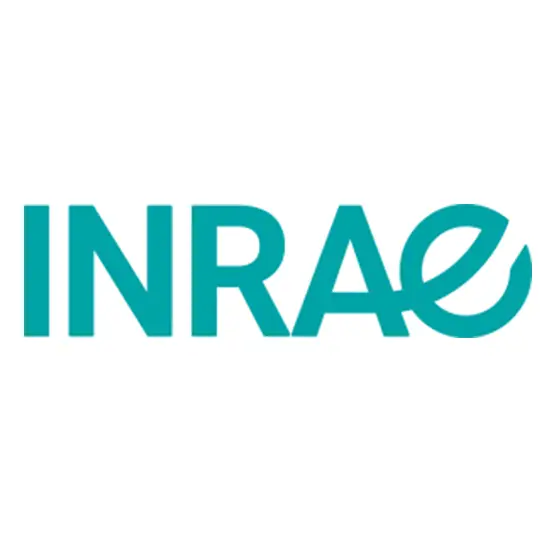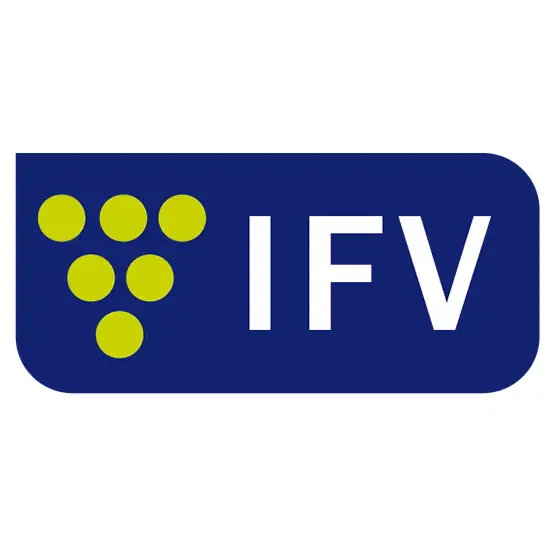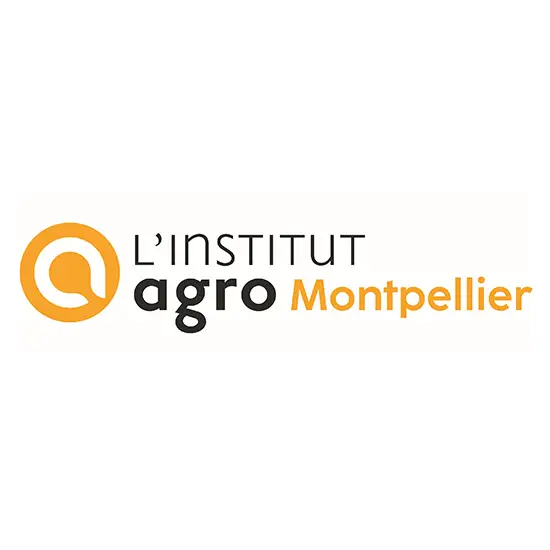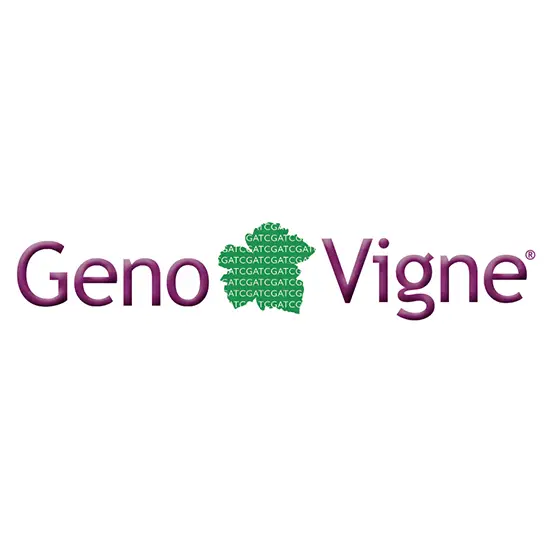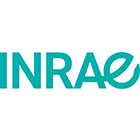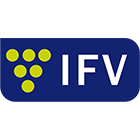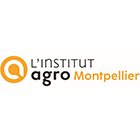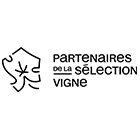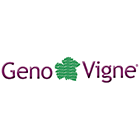About
PlantGrape was originally one of various case studies on the Pl@ntNet platform, which was set up in 2009 by Agropolis Fondation to support agronomic research and sustainable development.
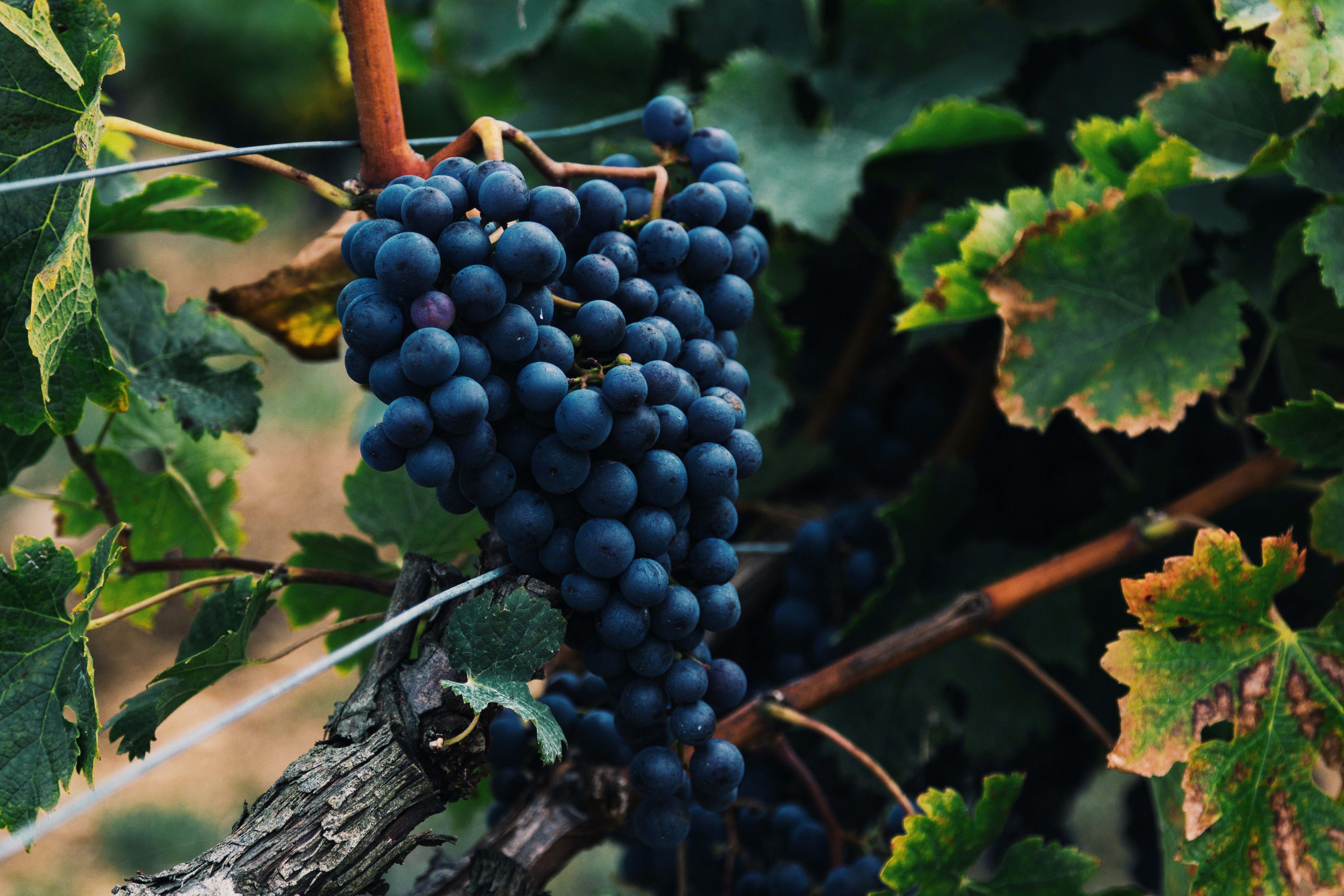
A project centered on the vine
Pl@ntGrape was originally one of various case studies on the Pl@ntNet platform (plantnet.org), which was set up in 2009 by Agropolis Fondation (https://www.agropolis-fondation.fr/) to support agronomic research and sustainable development. Focusing on vines, the project was originally led by UMT Géno-Vigne® (UMT standing for “joint technology unit”), using the combined expertise of IFV (the French Vine and Wine Institute), INRAE (the French National Institute for Agriculture, Food and Environment) and Institut Agro | Montpellier. It conducted research into grapevine genetic resources and information technologies.
The objective of Pl@ntGrape is to provide access to synthetic, validated and updates information on the grapevine varieties, rootstocks and clones used in France and, more generally, in Europe and worldwide. It is aimed at anyone searching for information on grapevines as plant material: winegrowers, plant nursery owners, technicians, researchers, students, amateurs , etc.
The starting point for the website content was the second edition of the Catalogue des variétés et clones de vigne cultivés en France (Catalogue of grapevine varieties and clones cultivated in France), published in 2007 (by IFV). Further information and new varieties and clones records are added regularly as new varieties are officially listed by the Ministry of Agriculture and clones are certified by FranceAgriMer. The site also has links to varieties records that have been classified, but not listed in the official Catalogue.
